It’s odd when you think of the way television has usurped almost everything else in the time of the virus. Except in Victoria Australians are making their ways back to the movies again to see if the Chinese action Mulan can equal the old Disney animation and Christopher Nolan’s new enigma Tenant is teasing the brains of anyone who can be bothered, subject to appropriate social distancing. If you’re in Melbourne, however, cinematic bets are off.
Besides, elsewhere, there are pretty severe limits to any form of live entertainment. Hugo Weaving is doing the new Angus Cerini play Wonnangatta with the Sydney Theatre Company until 31 October because it’s a two-hander and the company can sustain the cost of a severely reduced audience. Australian Chamber Opera originally intended doing Janacek’s Diary of One Who Disappeared on the stage of the Sydney Opera House with Andrew Goodwin and Jessica O’Donoghue before a small audience but finally decided on an empty auditorium so it could be streamed on 10 October.
Last year my life was full of the Melbourne Symphony Orchestra in Andrew Davis’ last year – there were guests like Anne Sophie Von Otter on violin and Lang Lang on piano. There were the regular theatre openings – the last (which seems to belong to a previous epoch) was a revival of David Williamson’s Emerald City with Nadine Garner. Back then, in March, Harry Potter and the Cursed Child was still going strong after a year.
Now no one’s sure if the producers of Hamilton – which is scheduled for Sydney in March – will open or whether the producers will just settle for the insurance. As one of the big time players of both boulevard and state funded theatre said to me recently, ‘These shows are designed to be watched by full houses with people sitting elbow to elbow. Quite apart from the economics, you just can’t have the same atmosphere without this.’
And so television of one kind or another, whether it’s streamed classical theatre or the Metropolitan Opera in New York doing Tannhaüser, or the footage of the virtual Emmys, is the medium we live in.
It was therefore doubly thrilling to see a first-rate piece of it last week, a day or so after it was first shown in Britain, and feel for a moment as if TV could have its own grandeur. This took the form of Des, a three hour mini series about an historical serial killer Dennis Nilsen with David Tennant giving the performance of his life as the quiet intelligent chap who in the 1980s invited young men back to his place for a pint and maybe a bit more and then proceeded, in his quiet way, to strangle or drown them.
The Scottish actor who became famous as Doctor Who has done a lot else besides. He did Much Ado About Nothing with Catherine Tate and a very classically modulated Richard II in RP as well as a surprisingly dynamic Hamlet with Patrick Stewart as the King and Australia’s Penny Downie as the Queen for the Royal Shakespeare Company which was transcribed to film with great naturalness using a house as the setting. And, yes, there were the puzzles and intensities of Broadchurch as well.
None of these match Des, not even the Hamlet. Tennant is spare and mild, he is bespectacled and his hair is a lank thatch combed straight down on his forehead. He speaks with a painstaking exactitude and he’s easy to deal with – at least for the first long stretch – confiding how he killed what may amount to 15 or 16 young men.
The performance has an utterly riveting quietness, the glinting intelligence of a naturally shy person who has long ago mustered the self-possession to cope with a world that can hear the reasonableness in his voice as well as the residual charm, the latent magnetism, of someone who long ago ceased to try.
It is one of the greatest performances in the history of television in its uncanniness, its truthfulness, the way it seems to derive from no convention of acting and yet it comes across with a mighty shock of recognition. It was shown at the very moment when the pro-trans kids were baying for the head of J. K. Rowling, whose new book Troubled Blood involves a serial killer, but it is entertainment of a wholly different order of magnitude.
Des in its quiet, utterly creepy way – all the creepier for the amiability of Tennant’s performance – is something to place with the Stephen Frears/Hugh Grant miniseries about Jeremy Thorpe, A Very British Scandal. It shows how television at its best, and especially British television, has its finger on the very pulse of dramatic possibility.
And everything about it is on a level with Tennant’s performance. Daniel Mays plays a reasonable middle aged cop who accepts Tennant’s credibility and is utterly individualised. The veteran Ron Cook is his superior, more intent on getting a conviction than doing justice to all the young men disposed of. The surviving boys are done with pinpoint precision and there’s a superb turn from Pip Torrens (Tommy Lascelles in The Crown) who as Des’s QC argues that his madness means he’s only guilty of manslaughter. And then there’s Jason Watkins ––he’s from The Crown too, Harold Wilson in the last series–– as a very crisp, decent biographer, gay, humane, standing for justice and truth, those impossibilities in a riddling world.
But everyone should watch Des. You’d search a long way on main stages and in movie houses, to see its equal. Des is a former policeman and when they ask him in appal why he left the force Tennant says in his crisp, expressionless Scottish voice, ‘Homophobia.’ They gape and so will you.
We are understandably snobbish about TV and we are right to be sceptical of the niche market mentality its current pluralism encourages. It’s easy for the so-called golden age of television to flaunt parallel vices to independent cinema. But Des, with the startling brilliance of its central performance, and the depth of the ensemble acting which supports it, is the exception that proves the rule.
Got something to add? Join the discussion and comment below.
Get 10 issues for just $10
Subscribe to The Spectator Australia today for the next 10 magazine issues, plus full online access, for just $10.
Donald McDonald is on leave. Culture Buff will return soon.
You might disagree with half of it, but you’ll enjoy reading all of it. Try your first month for free, then just $2 a week for the remainder of your first year.

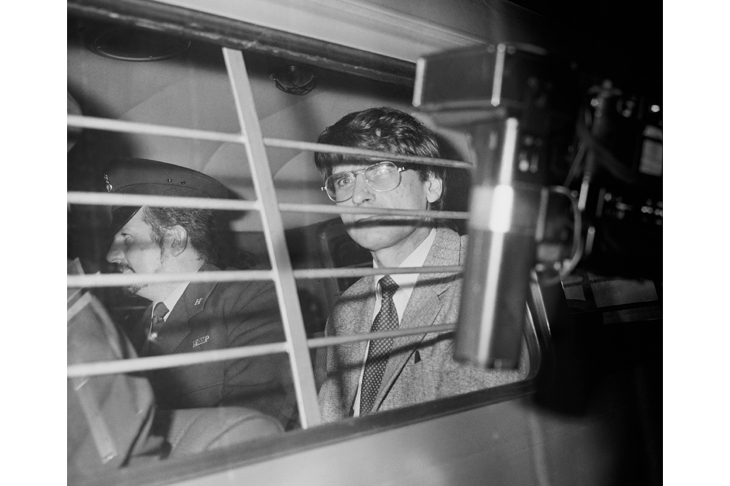
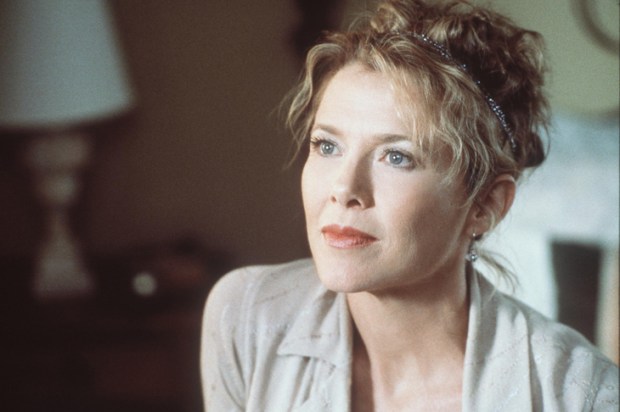
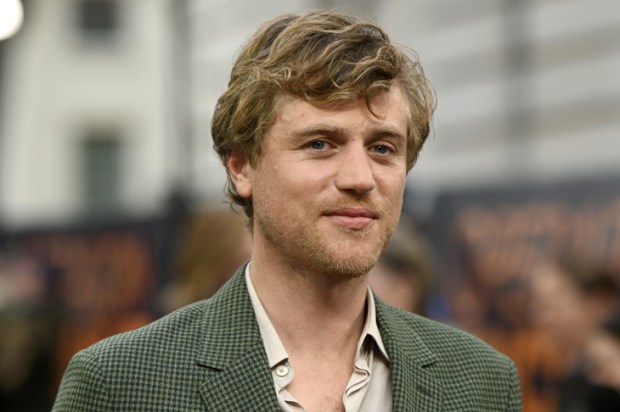
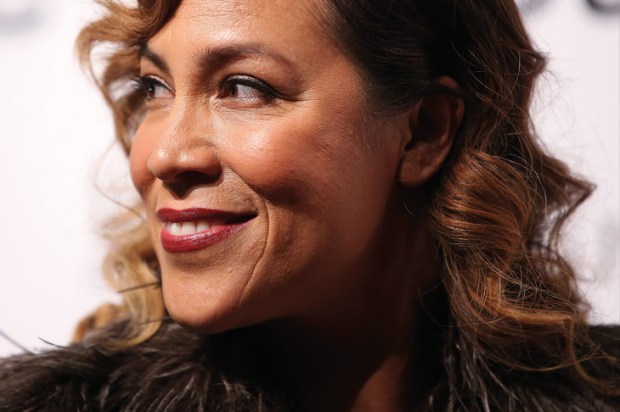
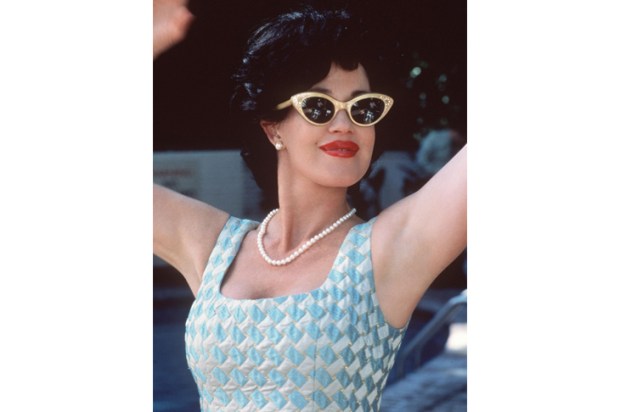
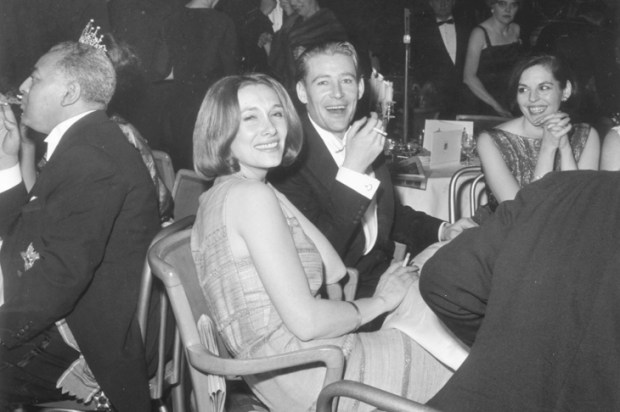
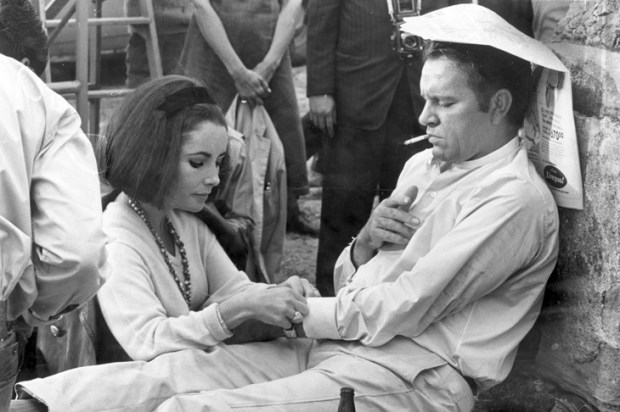






Comments
Don't miss out
Join the conversation with other Spectator Australia readers. Subscribe to leave a comment.
SUBSCRIBEAlready a subscriber? Log in